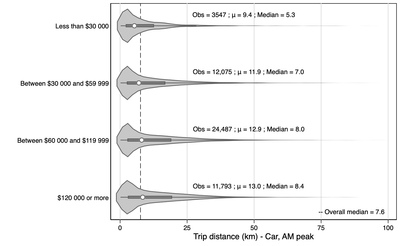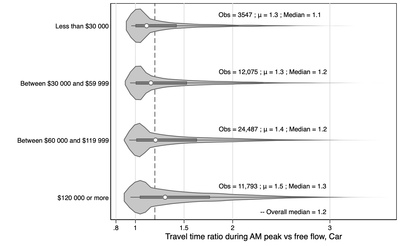Ugo Lachapelle et Geneviève Boisjoly
Article de revue (2022)
 Document en libre accès dans PolyPublie et chez l'éditeur officiel Document en libre accès dans PolyPublie et chez l'éditeur officiel |
|
Libre accès au plein texte de ce document Version officielle de l'éditeur Conditions d'utilisation: Creative Commons: Attribution-Partage dans les mêmes conditions (CC BY-SA) Télécharger (453kB) |
|
![[img]](https://publications.polymtl.ca/54333/2.hassmallThumbnailVersion/2022_Lachapelle_Equity_implications_highway_development_expansion_dataset1.jpg)
|
Libre accès au plein texte de ce document Image - Matériel supplémentaire Conditions d'utilisation: Creative Commons: Attribution-Partage dans les mêmes conditions (CC BY-SA) Télécharger (146kB) |
|
![[img]](https://publications.polymtl.ca/54333/3.hassmallThumbnailVersion/2022_Lachapelle_Equity_implications_highway_development_expansion_dataset2.jpg)
|
Libre accès au plein texte de ce document Image - Matériel supplémentaire Conditions d'utilisation: Creative Commons: Attribution-Partage dans les mêmes conditions (CC BY-SA) Télécharger (150kB) |
Abstract
Highway development and expansion target peak period travel where congestion is more important. We show that investments in roadways made to reduce traffic congestion lead to inequitable benefits. This is because fewer low-income workers and low-income travelers travel by car and at peak times due to their job scheduling and activities. Also, travelled distances of low-income workers are generally shorter so that benefits of flow improvements are more modest. As such, congestion mitigation disproportionally advantages higher-income groups in terms of travel speed and time. While urban planning and environmental protection are important reasons to avoid roadway expansion, resulting inequities are rarely documented and considered.
| Sujet(s): | 1000 Génie civil > 1003 Génie du transport |
|---|---|
| Département: | Département des génies civil, géologique et des mines |
| URL de PolyPublie: | https://publications.polymtl.ca/54333/ |
| Titre de la revue: | Findings |
| DOI: | 10.32866/001c.33180 |
| URL officielle: | https://doi.org/10.32866/001c.33180 |
| Date du dépôt: | 02 nov. 2023 14:00 |
| Dernière modification: | 06 avr. 2024 15:09 |
| Citer en APA 7: | Lachapelle, U., & Boisjoly, G. (2022). The Equity Implications of Highway Development and Expansion: Four Indicators. Findings, 7 pages. https://doi.org/10.32866/001c.33180 |
|---|---|
 Statistiques
Statistiques
Total des téléchargements à partir de PolyPublie
Téléchargements par année
Provenance des téléchargements
Dimensions






